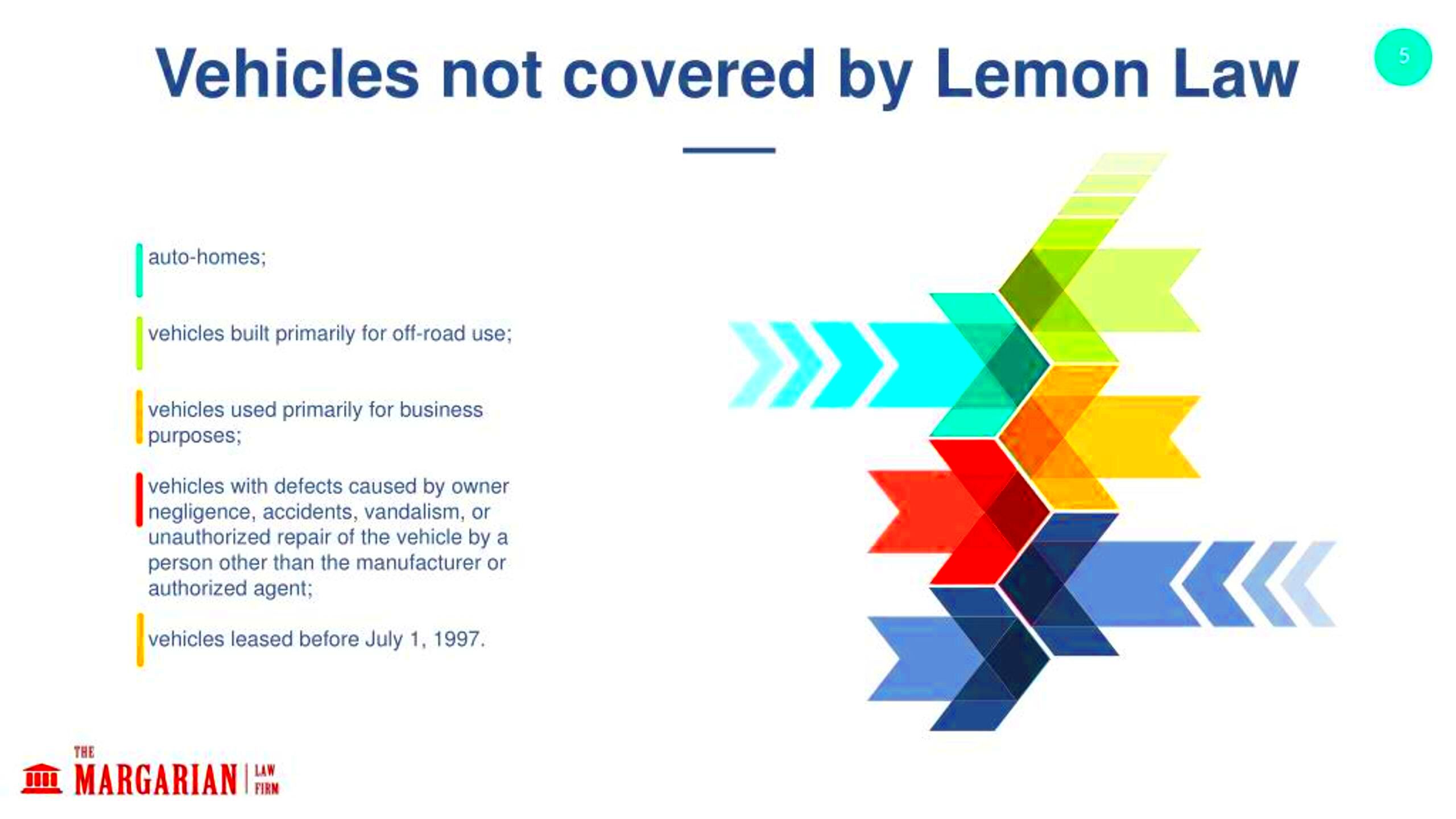Jeep Lemon Law Buyback Process Explained
When you buy a vehicle, especially something as rugged and trusted as a Jeep, you expect it to perform well. However, sometimes things don’t go as planned. That’s where the Lemon Law steps in. The Jeep Lemon Law is a consumer protection law designed to help people who unfortunately buy defective vehicles. If your Jeep keeps breaking down or has major issues that can’t be fixed despite multiple attempts, this law can help you get your money back or receive a replacement vehicle.
How to Know if Your Jeep Qualifies as a Lemon

- If the manufacturer has tried repairing the defect multiple times (usually 3-4 attempts) without success.
- The Jeep has been out of service for an extended period, often 30 days or more, due to repairs.
- The defect significantly impacts your ability to drive the vehicle safely or properly.
Steps to Take Before Filing a Lemon Law Claim

- Notify the manufacturer: Always notify Jeep’s manufacturer in writing about the ongoing problems. This helps in proving that you’ve given them a chance to rectify the issue.
- Keep repair records: Get detailed repair orders from the dealership for every service your Jeep undergoes. Ensure these records reflect the repeated attempts to fix the defect.
- Check your warranty: Verify that the defect occurred within the warranty period. Lemon Laws usually apply if the issue started while the Jeep was still under warranty.
- Consult with a Lemon Law attorney: Before filing, talk to an attorney who specializes in Lemon Law. They can guide you on the process, the potential outcomes, and what you can expect.
Understanding the Jeep Lemon Law Buyback Process
- Initiate the Claim: Start by formally notifying the manufacturer or dealer about your Jeep’s issues. This written notice is crucial as it kicks off the process.
- Manufacturer Response: The manufacturer will usually review your claim and decide whether to offer a buyback. They might request additional documentation or offer a resolution before proceeding.
- Inspection: In some cases, the manufacturer might want to inspect your Jeep to confirm the defects. This step ensures they are aware of the problems firsthand.
- Settlement: If your claim is accepted, you’ll negotiate the terms of the buyback. This can include the refund amount, any additional compensation, or the replacement vehicle details.
- Return: Finally, you’ll return the Jeep, and the manufacturer will process the buyback as per the agreed terms.
Documents You Need for a Successful Claim
- Purchase Agreement: This document shows the terms under which you bought the Jeep, including the price and any warranties offered.
- Repair Records: Detailed records from every service visit are crucial. They should include dates, the nature of the defect, and attempts to fix it.
- Warranty Information: A copy of the warranty is needed to prove that the defect occurred while the Jeep was still covered.
- Correspondence: Any letters or emails exchanged with the manufacturer or dealer about the Jeep’s issues should be included.
- Inspection Reports: If any independent inspections were conducted, those reports could also support your claim.
How Long Does the Lemon Law Buyback Process Take?
- Manufacturer’s Response Time: Once you submit your claim, the manufacturer must review it and respond. This can sometimes take several weeks.
- Inspection and Evaluation: If an inspection is needed, scheduling and conducting it can add to the delay.
- Negotiation: The time spent negotiating the terms of the buyback can vary. The more straightforward the negotiation, the faster it usually goes.
- Documentation Processing: The processing of documents and finalizing the buyback can also impact how long the process takes.
Common Challenges in Jeep Lemon Law Claims
- Proving the Defect: One of the biggest hurdles is proving that the defect significantly affects the Jeep’s use, safety, or value. The manufacturer might argue that the issues are minor or that they don’t warrant a buyback.
- Documentation Issues: Without thorough and accurate records of repairs and communications, making a solid case becomes difficult. Missing documents can delay or even derail your claim.
- Manufacturer Resistance: Manufacturers often try to dispute claims or offer less favorable settlements. They may question the validity of your claim or suggest alternative resolutions that aren’t ideal.
- Legal Complexities: Understanding the intricacies of Lemon Law can be challenging. There are specific criteria and processes that must be followed, and navigating these without legal help can be daunting.
Frequently Asked Questions (FAQs)
- What qualifies as a “lemon”? A vehicle is typically considered a lemon if it has a significant defect that affects its use, safety, or value, and the defect persists after multiple repair attempts.
- Can I get a refund or just a replacement? It depends on the outcome of the claim. Often, you can choose between a refund or a replacement vehicle, but this can vary based on the manufacturer’s policy.
- How long do I have to file a Lemon Law claim? The timeframe varies by state, but generally, you need to file the claim within a certain period after discovering the defect or after the defect first appeared.
- Do I need a lawyer for my Lemon Law claim? While it’s not mandatory, having a lawyer who specializes in Lemon Law can significantly improve your chances of a successful claim and help navigate complex legalities.


